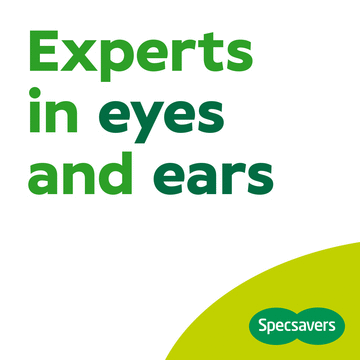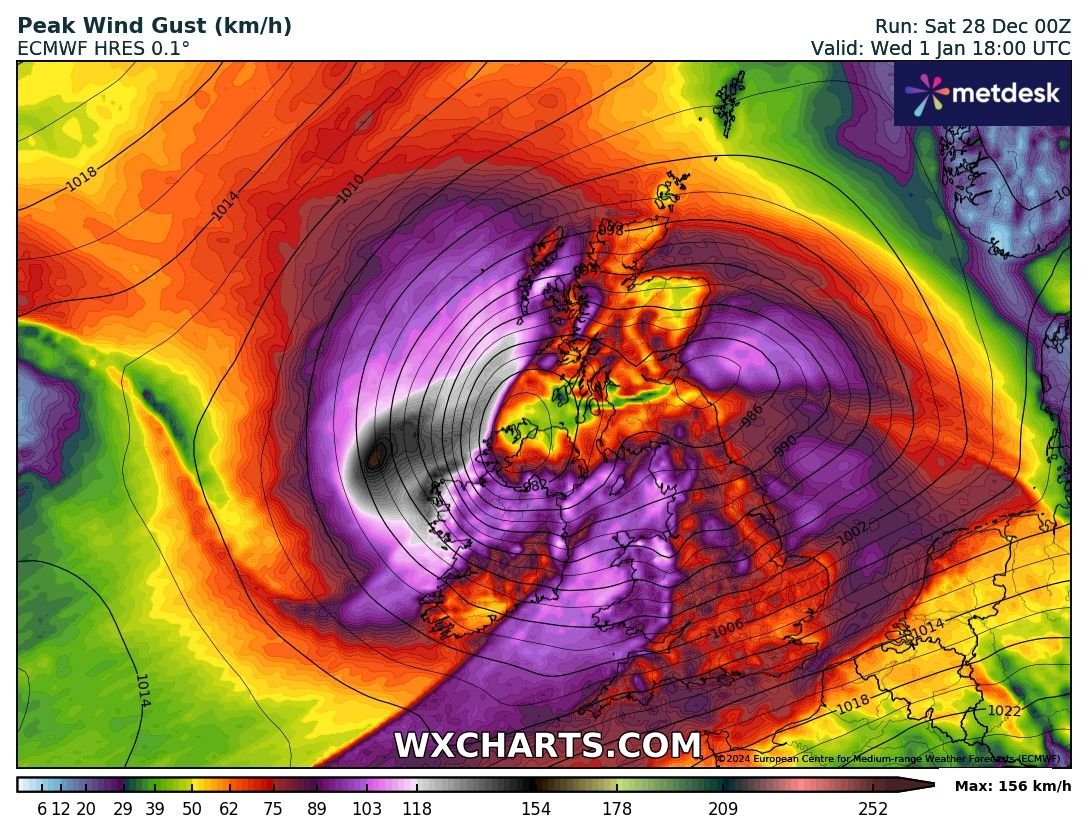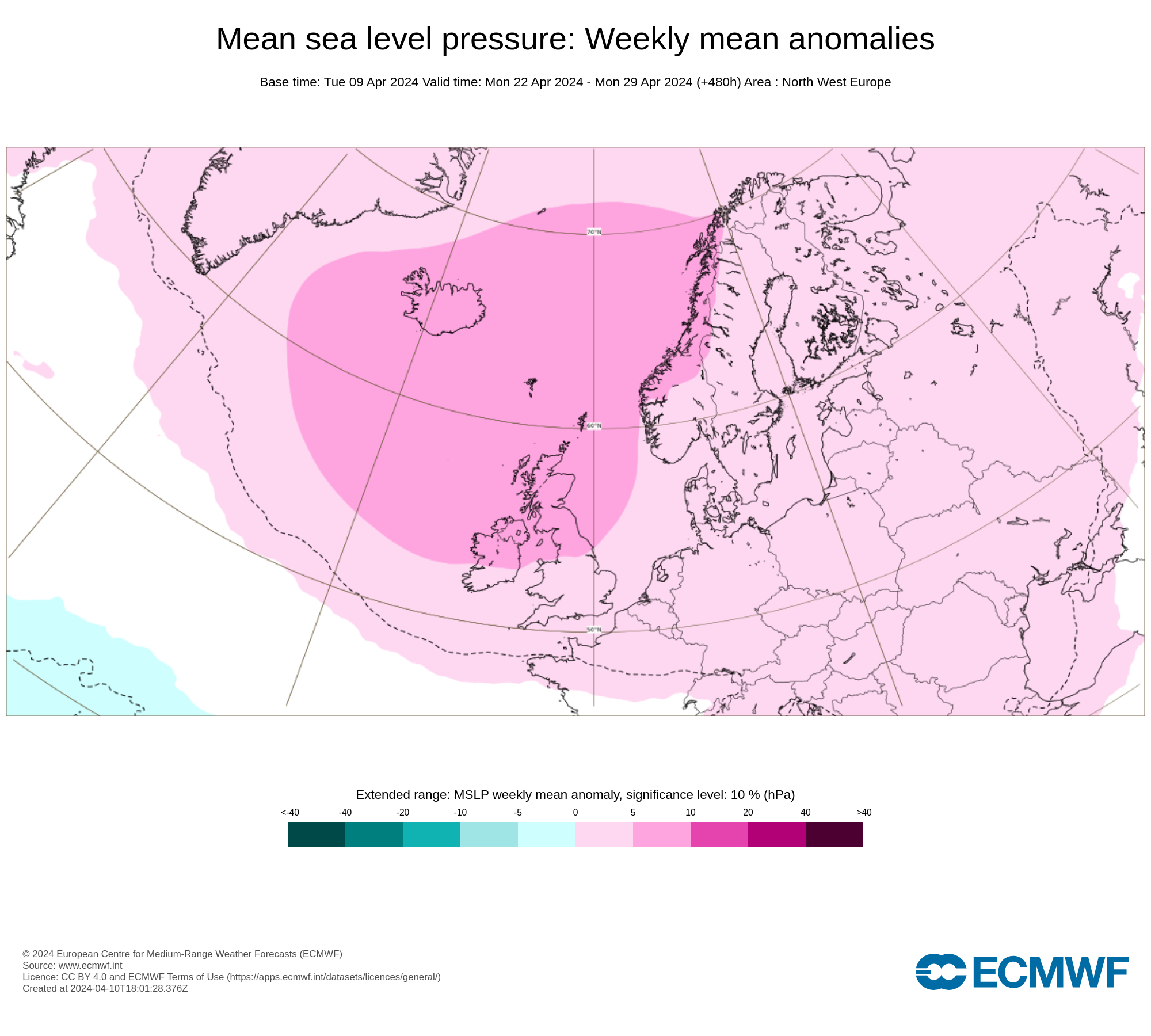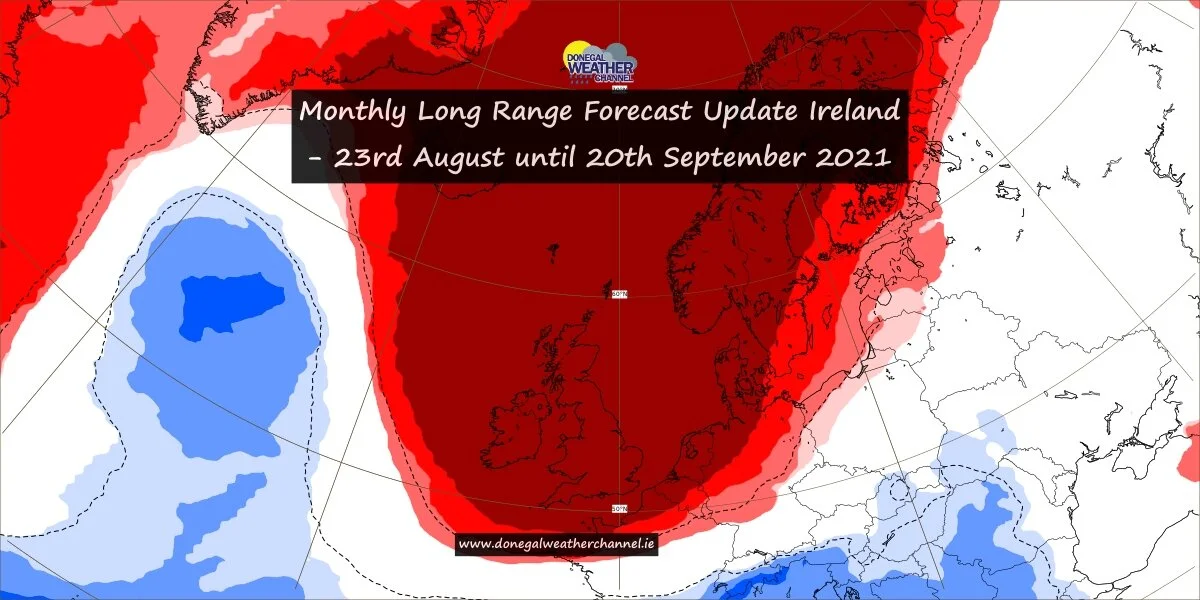Hay Fever Alert - Pollen levels set to get worse this weekend across Ireland
If you suffer from Hay Fever then its probably not the best time of year for you with Grass pollen set to increase this weekend this will also see a rise in people getting hay fever.
The main type of pollen the past few weeks have been from Tree but now grass will rise over the weekend also.
Grass pollen is the major outdoor trigger of hay fever and allergic asthma. Pollen grains contain a variety of allergens that can trigger allergic reactions in people who are sensitised to pollen.
The good news is, if pollen is a problem for you, there are things you can do to manage your exposure to it. By adopting some simple tips alongside preventative medications, you may find this hay fever season a little more manageable.
Sensitisation involves development of specific antibodies (called Immunoglobulin E, or IgE) that can bind to the triggering allergen. Repeated exposure to the triggering allergen leads to the activation of inflammatory cells, causing the release of histamine and other mediators. That’s when the symptoms kick in.
An allergic reaction to pollen can lead to hay fever symptoms affecting the upper airways, including itchy, watery eyes, an itchy, inflamed throat, a runny or blocked nose, and sneezing.
Pollen allergy can also lead to what we call allergic asthma – if the allergen components enter deeper into the lungs, this can cause inflammation and symptoms of asthma, like shortness of breath.
While hay fever has long been regarded a trivial condition, it can be a serious chronic disease associated with other problems such as sinusitis, sleep disturbance because of nasal blockage, and asthma, leading to fatigue and poor performance at work or school.
Hay fever treatment - HSE
There's currently no cure for hay fever and you can't prevent it. But you can do things to ease your symptoms when the pollen count is high.
To ease your hay fever symptoms:
put Vaseline around your nostrils to trap pollen
wear wraparound sunglasses to stop pollen getting into your eyes
shower and change your clothes after you've been outside to wash the pollen off
stay indoors whenever possible
keep windows and doors shut as much as possible
vacuum often
dust with a damp cloth
buy a pollen filter for the air vents in your car
buy a vacuum cleaner with a special HEPA filter (these can trap pollutants)
To ease your hay fever symptoms, do not:
cut grass or walk on grass
spend too much time outside
keep fresh flowers in the house
smoke or be around smoke – it makes your symptoms worse
dry clothes outside – they can catch pollen
let pets into the house if possible – they can carry pollen indoors
When to see a pharmacist - HSE
Speak to your pharmacist if you have hay fever. They can give advice and suggest the best treatments. These include antihistamine drops, tablets or nasal sprays.
These treatments can help with:
itchy and watery eyes and sneezing
a blocked nose
When to see a GP -HSE
If you are not seeing any improvement from the pharmacist's treatment, your GP may be able to help.
Visit your GP if:
your symptoms are getting worse
your symptoms don't improve after taking medicines from the pharmacy
Treatments from your GP -HSE
Your GP may prescribe steroids. If steroids and other hay fever treatments don't work, your GP may refer you for immunotherapy.
This means you'll be given small amounts of pollen as an injection or tablet. This will slowly build up your immunity to pollen.
This kind of treatment usually starts in the winter about 3 months before the hay fever season begins.
All medical advice is from the HSE - (The Health Service Executive Ireland)

















